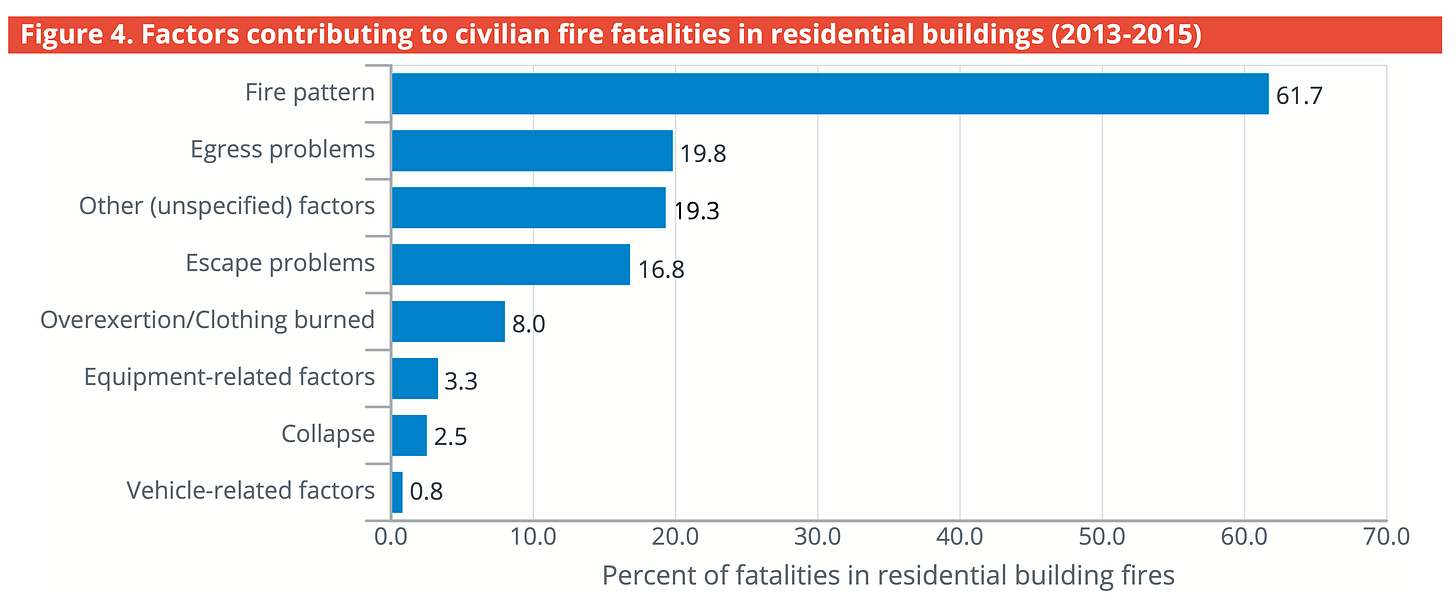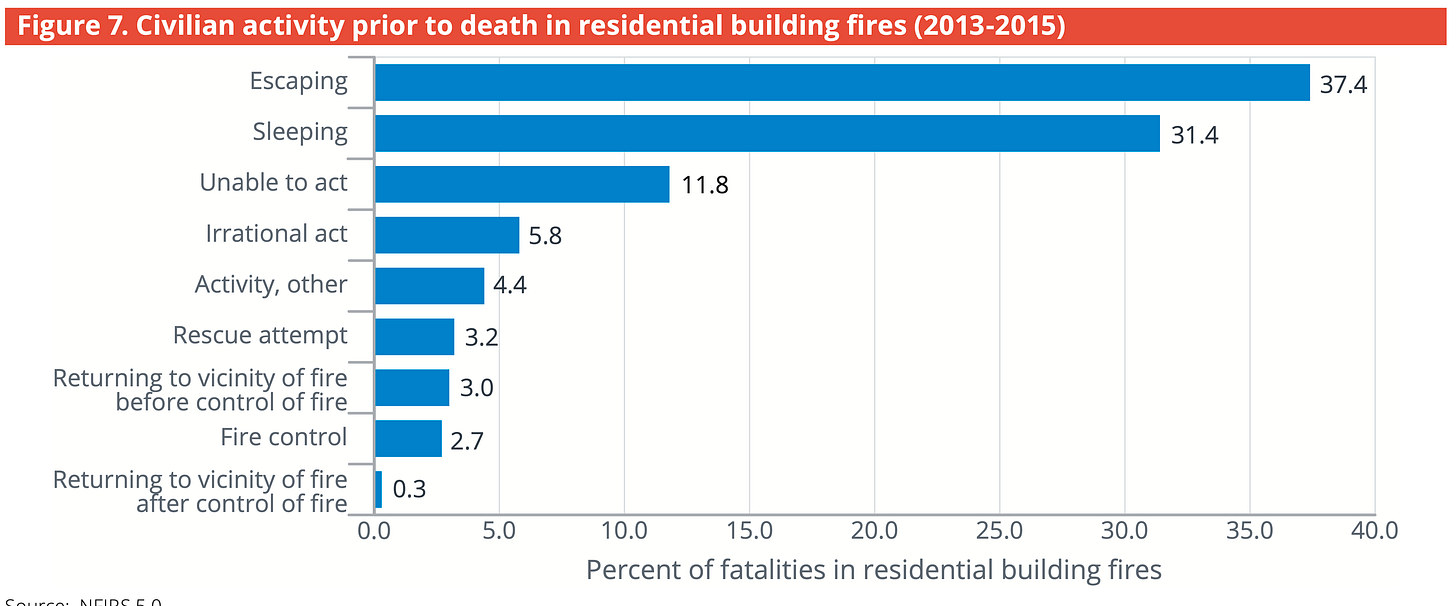BAR HARBOR—The Long-Term Rental Task Force is back with a focus on understanding exactly how many long-term rentals there are in Bar Harbor.
After a 19-month hiatus, Bar Harbor’s Long Term Rental Registration Task Force met January 24 to discuss all of the data that had been collected from long-term rental (LTR) registrations during 2023. During that year, 471 LTR registrations, associated data, and answers to questions on the registration forms, were submitted.
That long pause was by design. When the task force was first formed, its roles and responsibilities stated, “The Task Force shall meet at least once a month beginning in January 2022 with the final report (a recommended program) presented to the Town Council no later than June 21, 2022. The Task Force will pause meeting until January 2024 when they will reconvene to review the results of data gathered from registration of LTR housing in 2023.”
INSPECTION PROGRAM
The task force was initially tasked with the following:
“The Task Force will make recommendations on specific elements of a Long-Term Rental (LTR) Registration program with an inspection component that will include, but may not be limited to:
“Frequency of rental inspections
“Inspection checklist items
“Registration process
“Fees, including an incentive component
“Housing exceptions to the program (Vacation Rentals, etc.)”
The last three items on this list have been accomplished, but the first two, “frequency of rental inspections” and “inspection checklist items” have not. These two items, along with parsing out the collected data for housing stock evaluation were major components of the January 24 meeting.
HOUSING STOCK EVALUATION AND HOW MANY RENTALS ARE THERE?
A goal of the LTR registration process was to collect data regarding the housing stock. The data that Code Enforcement Officer Angela Chamberlain distributed at the January 24 meeting showed 471 registrants of three different types. On the registration form, registrants could choose either 1-8 months of long-term renting or 9-12 months.
Chamberlain explained that the rationale behind those date ranges was that the 1-8 month time frame would encompass rentals that are seasonal, either because they are unheated and/or uninsulated or because they are long-term winter rentals that are rented short-term during the summer. She felt that the 9-12 month time frame would reflect more of the year round rental stock.
There were 143 registrants who responded as 1-8 month long-term renters and 318 registrants who responded as 9-12 month long-term renters. In addition, there were 10 registrants who did not qualify their long-term rental time frame.
Of those numbers, two of the 10 registrations that were not qualified by time frame are also registered as short-term rentals, specifically VR2s. Fifty-three of the 143 registrations that were qualified by the 1-8 month time frame are also registered as short-term rentals, specifically VR2s. Thirty of the 318 registrations that were qualified by the 9-12 month time frame are also registered as short-term rentals, specifically VR2s.
These dual registration numbers may change as these comparisons were made using last year’s short-term rental lists because they are the most recent data available since the deadline for registration this year is May 31. However, it would be hard to qualify any long-term rental as truly long term while it is also registered as a short-term rental without gathering more data on those specific properties.
Chamberlain said that she thinks this is great information because this is a lot of rentals, almost as many as are on the short-term rental lists. She also added that the list does need a little cleaning up to be more accurate.
Most of the task force members seemed pleasantly surprised by the number of registrations that were received in 2023 and most of the members also seemed to feel that they needed more specific data in order to more accurately gauge the long-term rental stock.
Town Councilor and Task Force Vice Chair Minutolo said that the task force needs to decide what is truly year-round housing versus seasonal.
Member Amber Howard reflected this same opinion and said that fleshing out the exact rental type would help with comprehensive plan planning as far as what rental housing actually looks like.
John Mountford, who is a task force member and the housing inspector for the MDI and Ellsworth Housing Authorities, said that people with rental vouchers from the state are having a very hard time finding housing in Bar Harbor because of the limits on much the state will pay.
A Bar Harbor Housing Analysis performed by RKG Associates Inc. suggests that by 2033 Bar Harbor will need an additional 522 rental units and an additional 94 owner occupied units. It also suggests that Bar Harbor’s population is projected to increase from 5,527 in 2020 to over 6,000 by 2028.
TALKING ABOUT INSPECTIONS
During the meeting, after having given copies of the data collected via registrations to all of the attendees, Chamberlain said that the task force had yet to address the inspection component. Chamberlain also said that one of the goals of the group was to make a recommendation on the inspection component.
All of the data collected was volunteered by the registrants and with few exceptions, not verified.
Fire Chief Matt Bartlett said that he was surprised by the number of registrants who did not have smoke or carbon monoxide detectors, especially given that it was a state mandate for rental properties.
There was a lot of discussion regarding courtesy inspections and making information for life safety requirements available online to LTR owners. Most of that information is available on the town’s website already in the short-term rental (STR) content and would just need to be shared on the LTR section as well.
The town defines long-term as “any dwelling unit that is rented or available for rent for a period of 30 consecutive days or more, in exchange for compensation.”
The town defines short-term as “the use of a dwelling unit or portion thereof for rent to a family for a period of less than 30 days.”
Minutolo said that the town could potentially share the information in a really friendly way because they don’t want LTR owners to run and hide. He said that they should take an informative approach rather than a code enforcement perspective.
Bartlett said that the fire department is not currently in a position to start doing inspections and that he thinks a courtesy inspection is a good way to get people on board with the inspection process. Bartlett also said that he doesn’t think they can abandon the safety aspects and they have to make sure that is one of their top goals because originally the intent of doing this was that they have inspections for STRs and don’t the people in LTRs deserve the same inspection process to make sure that people in these apartments are as safe as what the town is saying for the short-term folks.
RENTAL INSPECTIONS/LIFE SAFETY
The stated purpose of Chapter 130, Long Term Rental Housing, is
The purpose of this ordinance is to maintain a registry of all long-term rental (LTR) housing that requires registration and gathers relevant associated data to assist the Town with understanding the nature of the existing rental housing stock and its characteristics, and in formulating housing policies.”
It makes no mention of life safety as opposed to the stated purpose of Chapter 174, Short-Term Rental Registration.
The purpose of this chapter is to ensure that the quality of short-term rentals (herein "STR") within the Town of Bar Harbor is adequate for protecting the health, safety and welfare of occupants of STRs and of the community.”
Deputy Code Enforcement Officer Mike Gurtler said that he believed the issue with the inspections was that something similar to what is being done for STRs was deemed too intrusive for LTRs. So, if they were going to be offering a courtesy inspection, what would they be looking at?
“I will tell you the top two things: CO detectors and smoke detectors,” Bartlett said.
Gurtler said that he would agree with that, and he was just curious to see because it was very clear to him that nobody wanted them to measure egress windows; nobody wanted them to do handrail inspections; there was a lot of things nobody wanted them doing. But what would be acceptable to do?
Chamberlain said, “I think we talked about if we were going to do inspections, it would be on the things (where) could you die here tonight?”
“Why a courtesy inspection and why not an inspection on a rolling basis where it could be like this much to start with? Why a courtesy inspection? If we are going to check just those two things, why don’t we just break it down and do this many one year and just keep it going?” asked Planning Director Michele Gagnon.
“I like the idea of a courtesy inspection and having a minimum threshold for safe habitability,” Minutolo said. He asked about the idea of having a fund. Since there has been talk of establishing a housing fund lately, he wondered, would that be able to pay for a smoke detector or a CO detector if a LTR owner was in need of some of those items but may be tight on cash. “What is it about $60.00 for a CO detector?” he asked.
Gurtler said, “You are talking, for the interconnected (detectors), you’re talking $40-60 per unit.”
You don’t need interconnected, commented one member.
“Well, there is no sense in having them if they are not interconnected. If you have an alarm in the basement and it goes off and it doesn’t sound in the rest of the building, it’s useless,” Gurtler responded.
Chamberlain suggested not scheduling a next meeting for February and suggested that they take one month off to go over the data received and come back to the table in March.
The task force’s initial meetings in 2022 resulted in the creation of Chapter 130 Long Term Rental Housing of the town’s municipal code. The ordinance made it mandatory to register a LTR in order for it to be legally rented. The registrations expire every year on December 31. Renewing registrations is free if done prior to March, but after that there is an increasing scale of fees for the registration. This registration component went into effect January 1, 2023.
This story’s headline was updated because it wasn’t quite accurate. Apologies and thanks to Chris White for pointing it out. As always, we truly appreciate you all helping us out.








